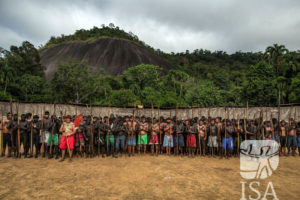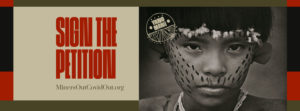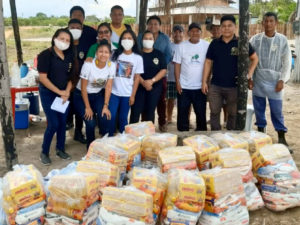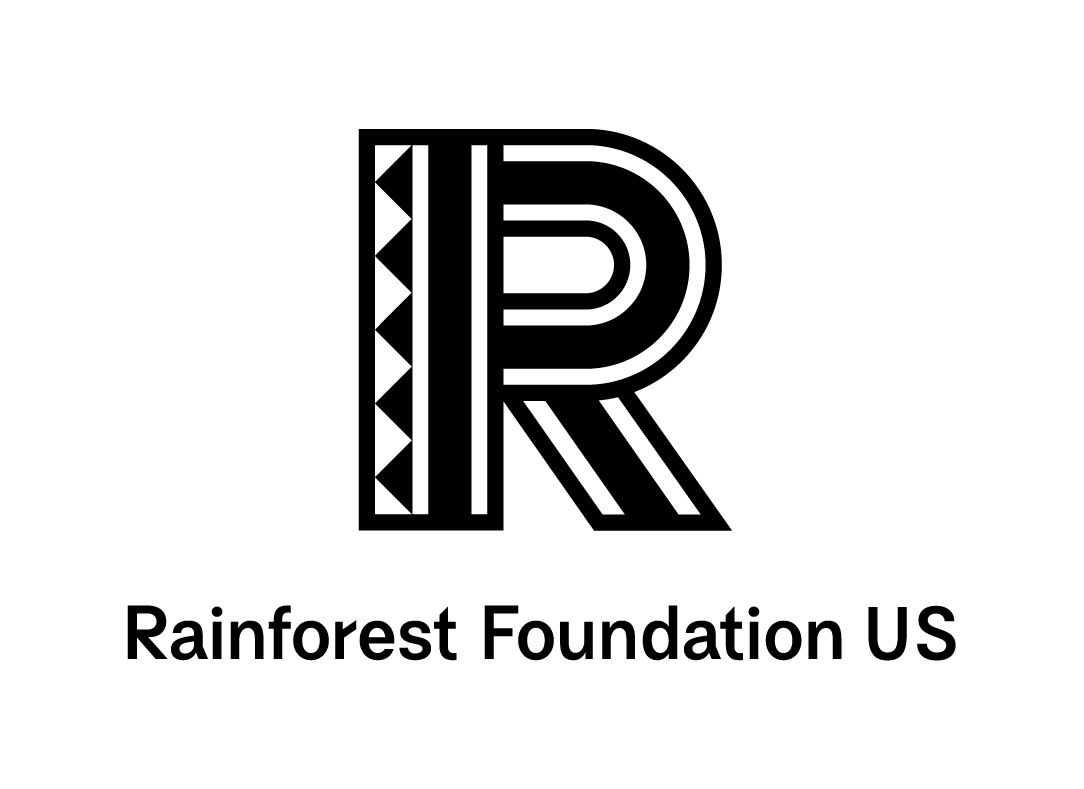“Thousands of fish have died. It smells rotten. The whole eco-system of the Tabasará River is now in grave danger,” says Ricardo Miranda of the Ngäbe and Buglé indigenous territory—ancestral land that may soon be flooded. The controversial Barro Blanco Dam project in Panama directly affects 480 Ngäbe and Buglé indigenous people and their shared, legally recognized territory along the Tabasará River. The third largest river in Panama, Tabasará is home to Ngäbe sacred sites and supplies a key part of the Ngäbe and Buglé’s livelihoods—fish.
The $80 million dollar project, which has been approved by the UN Clean Development Mechanism, is being built by Panamanian company GENISA with funding from the German Investment Corporation (DEG), the Dutch Development Bank (FMO) and the Central American Bank for Economic Integration.
Rainforest Foundation US (RFUS) has partnered with the Ngäbe and Buglé peoples to map and patrol their territory for illegal deforestation. RFUS also contributed to investigative journalism into road and tourism development that threatens their lands.
To learn more about this critical issue, please read the report from the Center for International Environmental Law.





